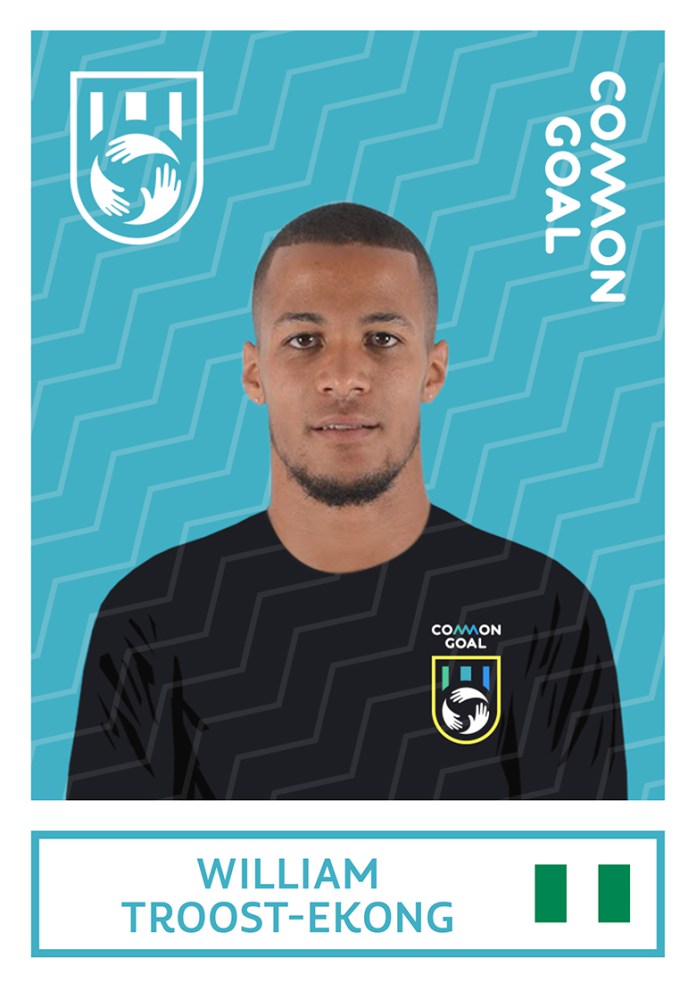Nigeria defender William Troost-Ekong, currently with Bursaspor in Turkey, has become the 43rd member of Common Goal – the movement powered by players and managers donating one percent of their salary to high impact football for good organisations around the world.
40 players and managers have allocated over €400,000 to football for good organisations in six months since starting with a single player, Manchester United and Spain midfielder Juan Mata. At the 2018 FIFA World Cup in Russia this summer, Common Goal looks likely to be represented by at least eight players.
Ekong, 24, has had a busy past few years. He was a crucial part of the Nigeria national team as they won a Bronze Medal at the Rio Olympics in 2016, and was nominated for the 2017 African Player of the Year. In the 2018 FIFA World Cup qualification group stage, he played every match for the Super Eagles. He captained the team in their 1-0 friendly victory against Poland on Friday, March 23.
“Winning the bronze medal for Nigeria at the 2016 Olympics and qualifying for the World Cup were both massive moments for me,” said Troost-Ekong. “However I’m hoping to outdo both of those this summer at the World Cup.”
Born in the Netherlands in 1993 to a Dutch mother and Nigerian father, Troost-Ekong has already played in England, Holland, Belgium, Norway and Turkey and considers his commitment to Common Goal as a decisive career moment.
“I’m aware that I’m a role model for children and football fans, and having travelled the world I’ve seen the impact that we have on people’s lives. It’s our responsibility, as players, to use that in a positive way.”
Troost-Ekong’s commitment to Common Goal comes just as the movement prepares to invest funds generated by player pledges for the first time. Next month will see €400,000 allocated to 27 football for good organisations tackling some of the toughest social issues of our time – ranging from HIV/AIDS to gender inequality and youth unemployment.

